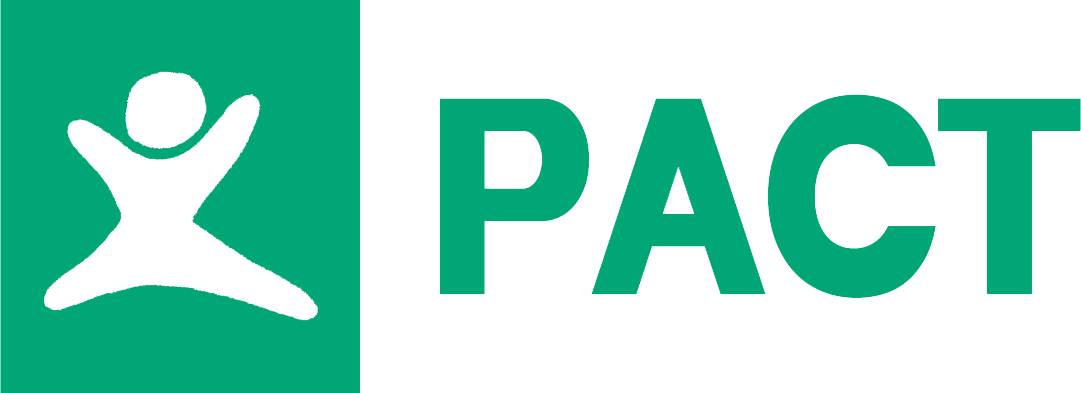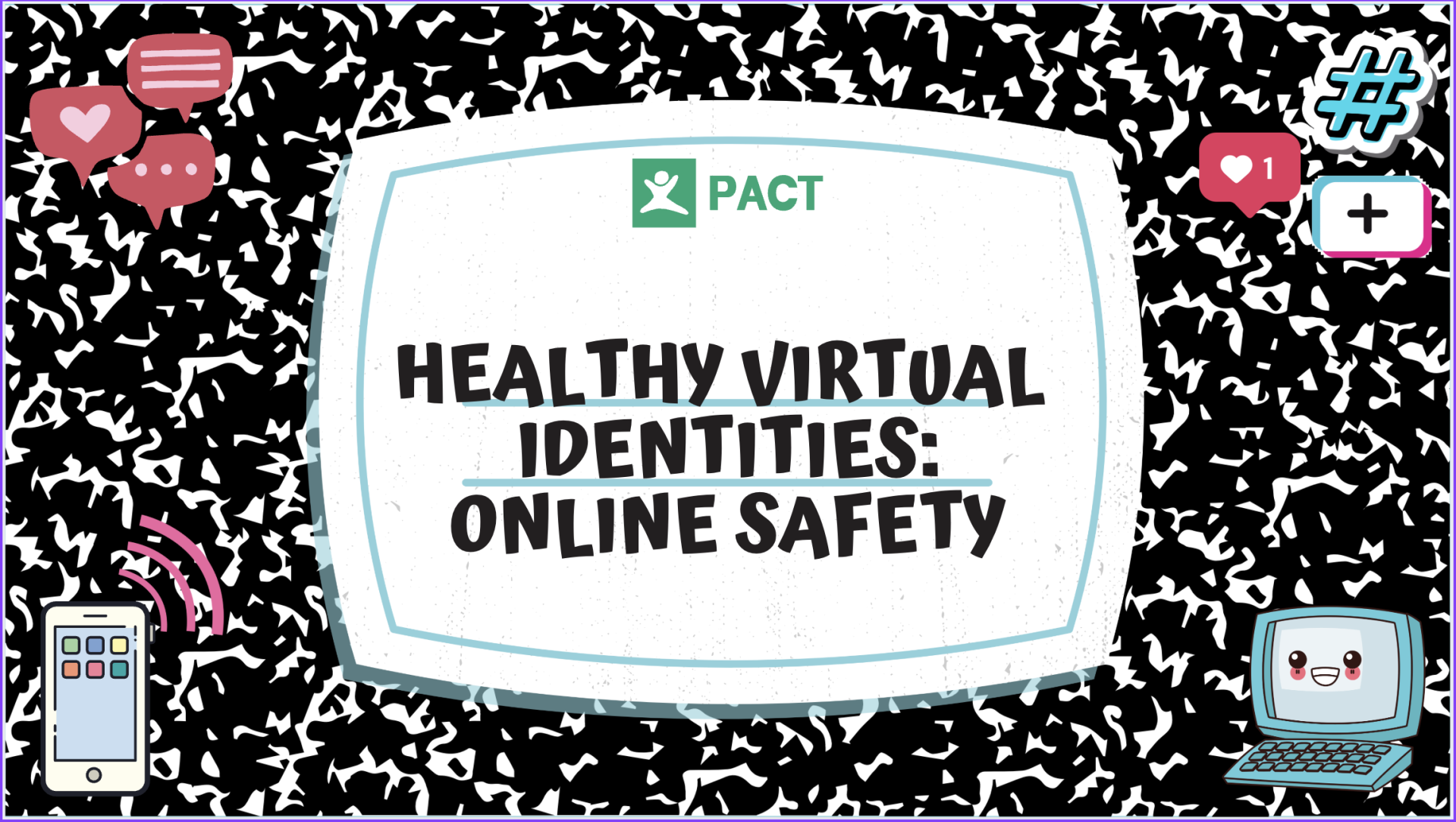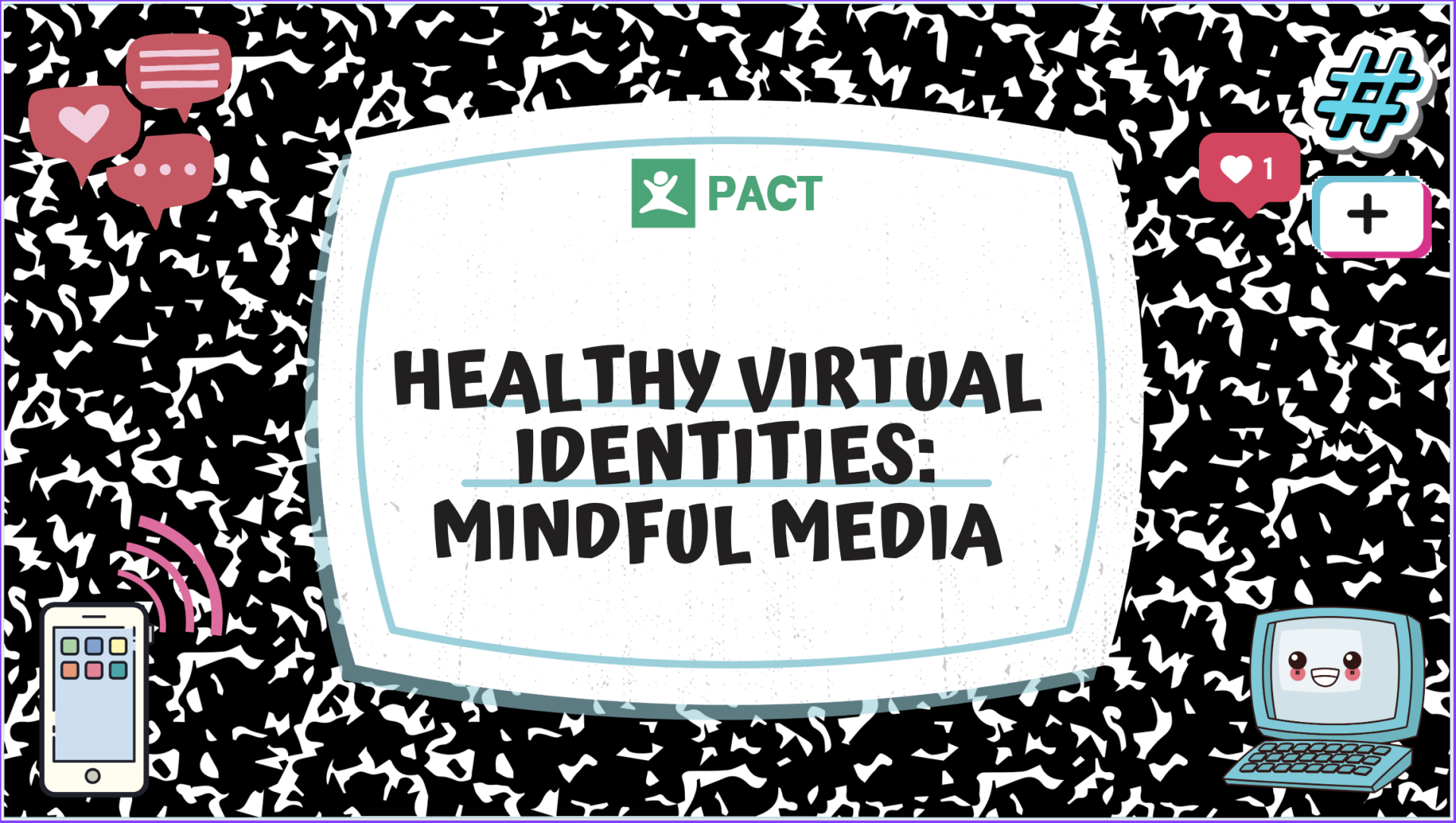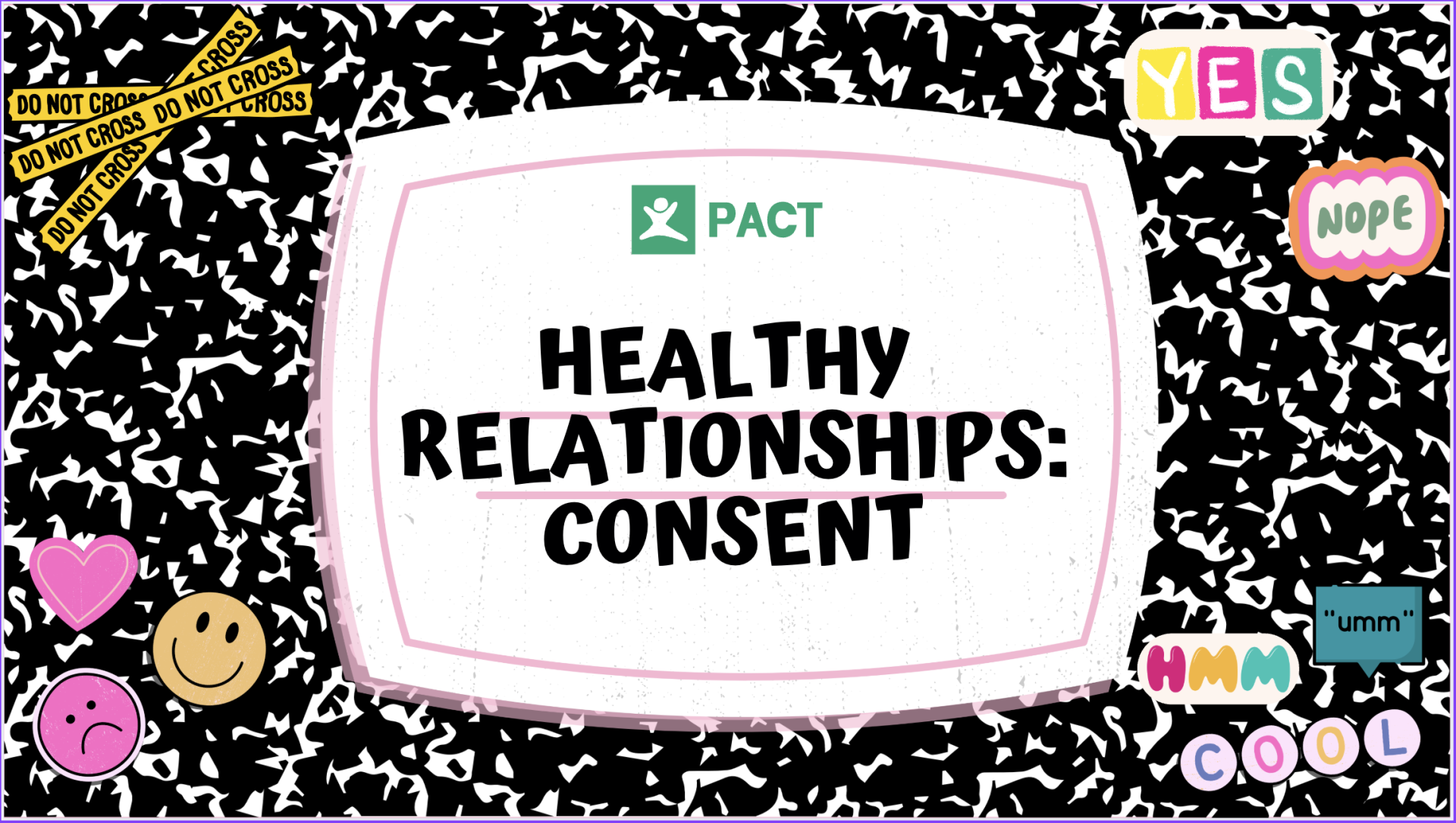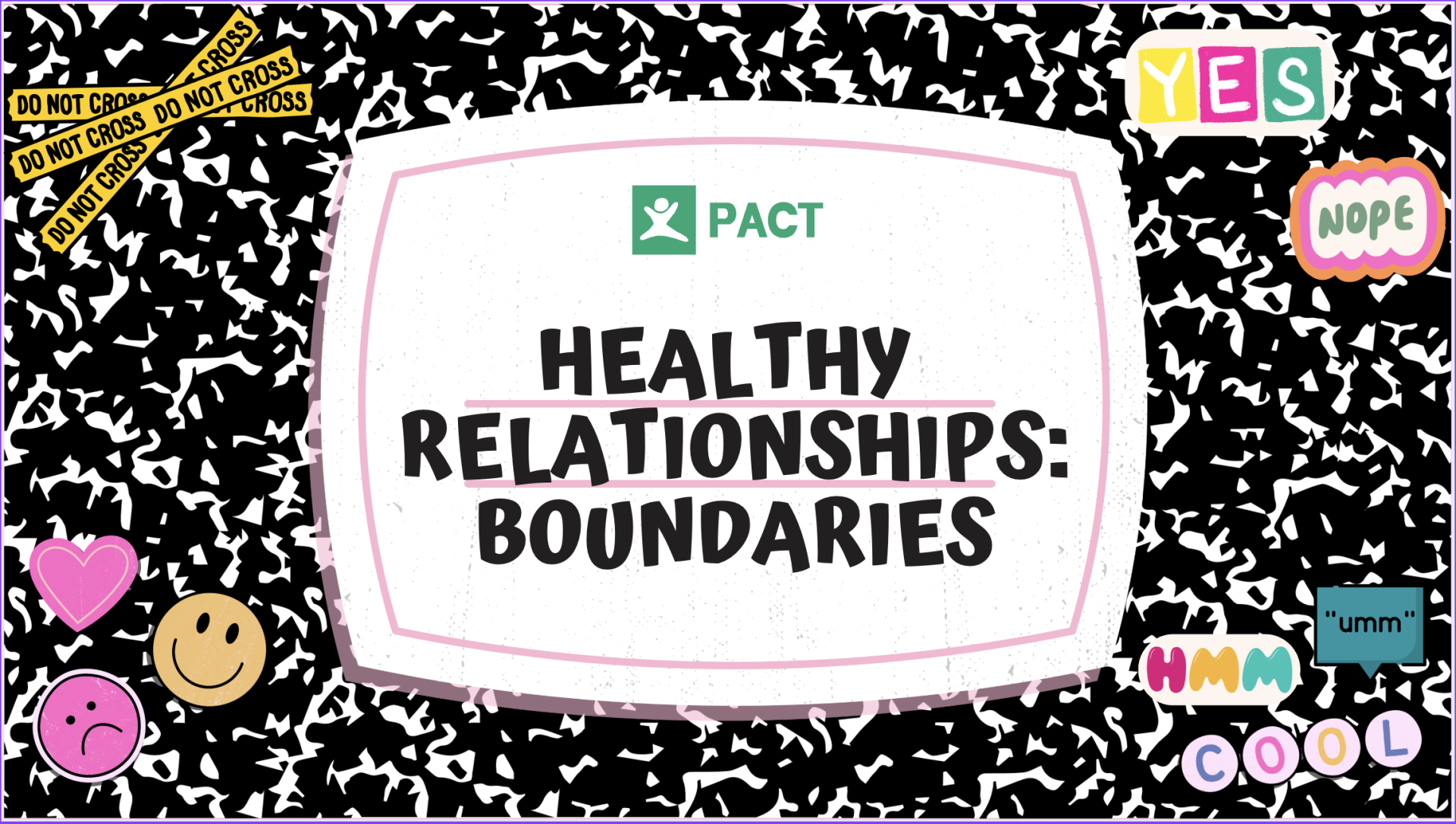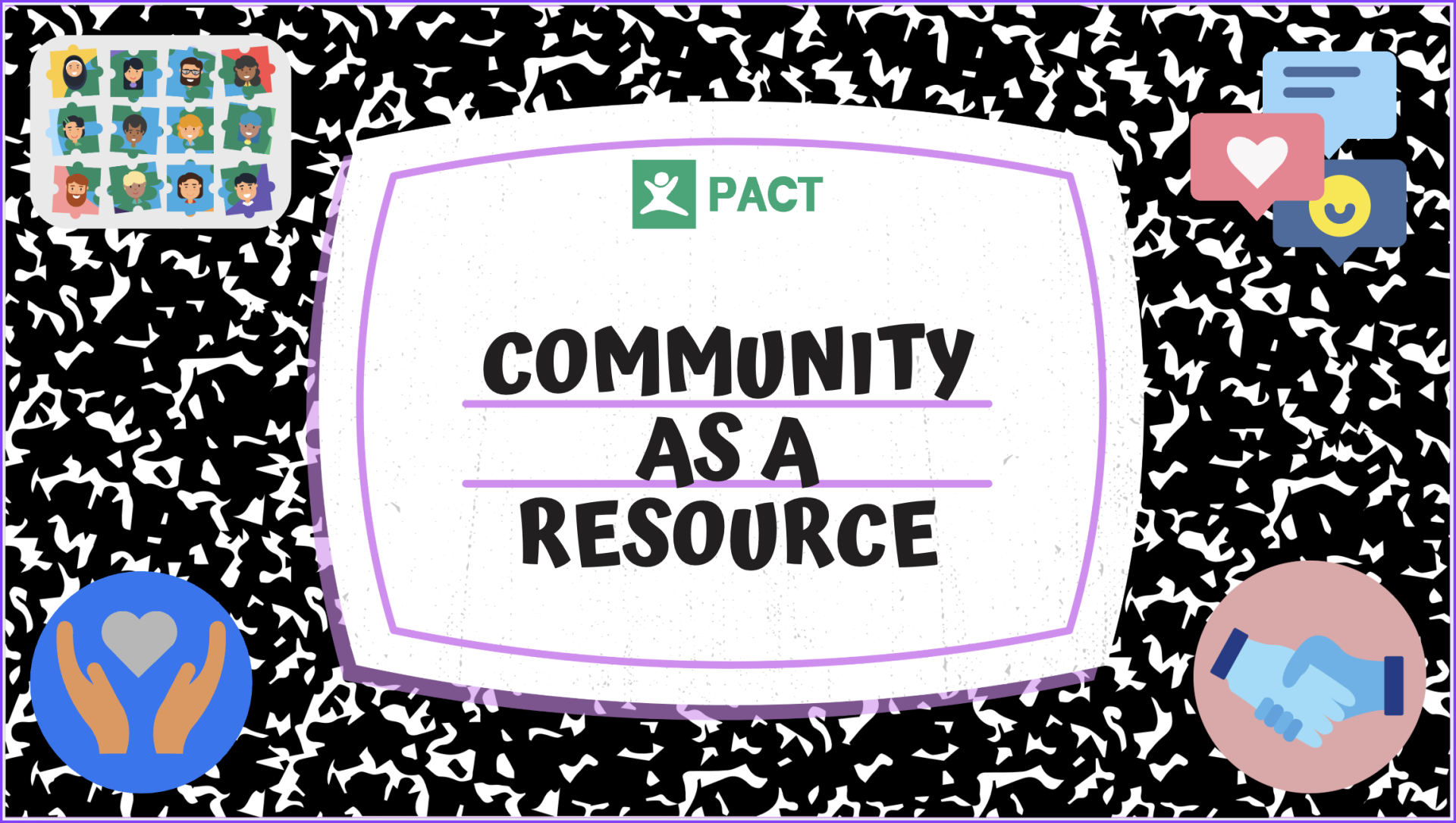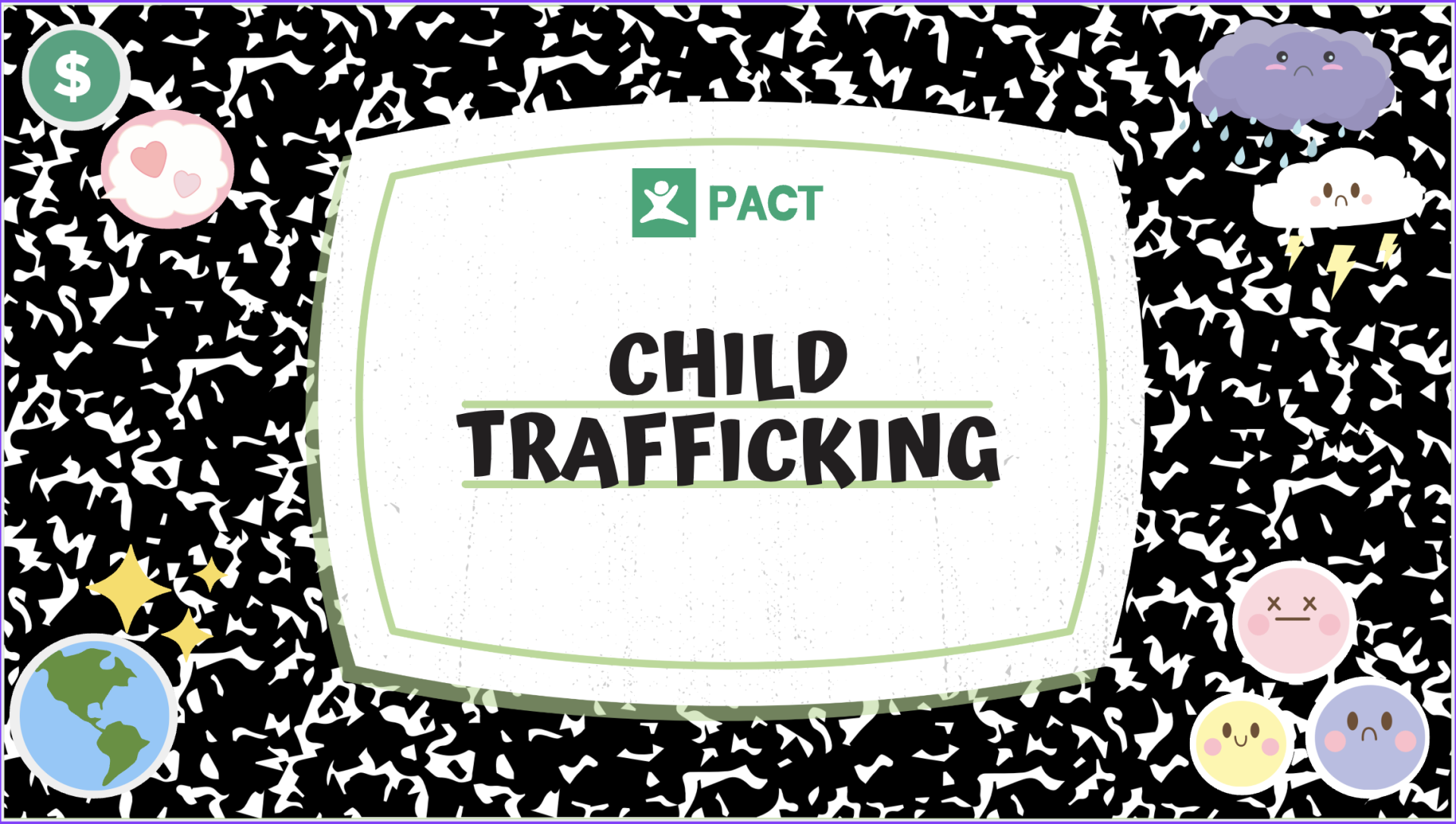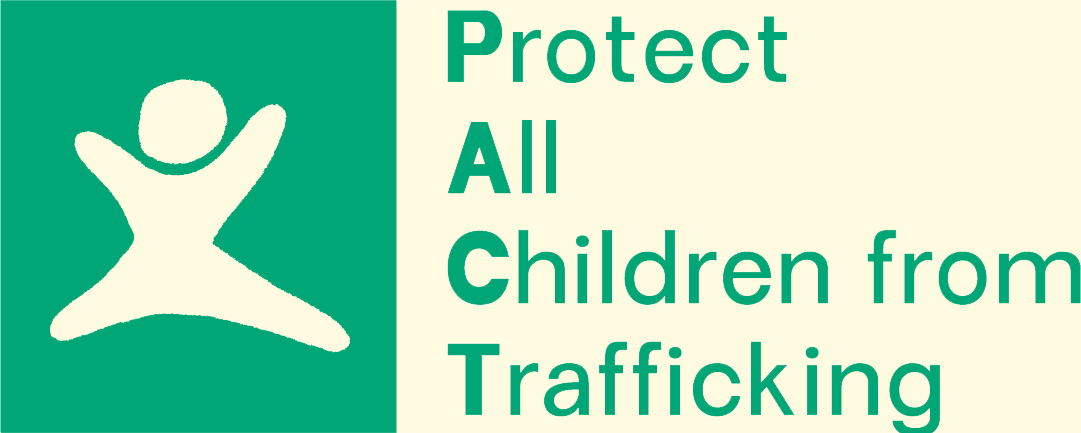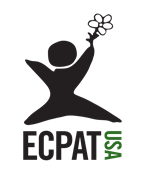What is TEACH and why is it beneficial?
TEACH Academy is a comprehensive program dedicated to equipping professionals with the skills and knowledge needed to effectively educate both youth and adult learners about trafficking prevention.
TEACH stands for Training Educators Against Child and Human Trafficking and offers training that covers a wide range of our educational topics, as well as the techniques required to facilitate workshops independently.
Designed as a year-long training program, participants are provided with the necessary tools to become proficient educators, capable of delivering engaging lessons and impactful learning experiences in and out of the classroom. This program not only focuses on subject matter expertise but also emphasizes the development of strong communication, facilitation, and instructional skills, empowering trainees to confidently lead educational initiatives and positively contribute to their communities.
Write your awesome label here.
Course Materials
TEACH Academy
&
Y-ACT
TEACH Academy Workshops
This includes the six core workshops that we will be covering throughout our time together. Each one is downloadable and offers a brief description of what will be covered.
Y-ACT Youth Workshops
Here you will find all of our Y-ACT Youth workshop curriculum in the form of lesson plans.
Y-ACT Slides
Here you will find all of the Y-ACT slides which will be used to facilitate workshops with youth.
Overview
TEACH Academy Workshops
Workshop 1
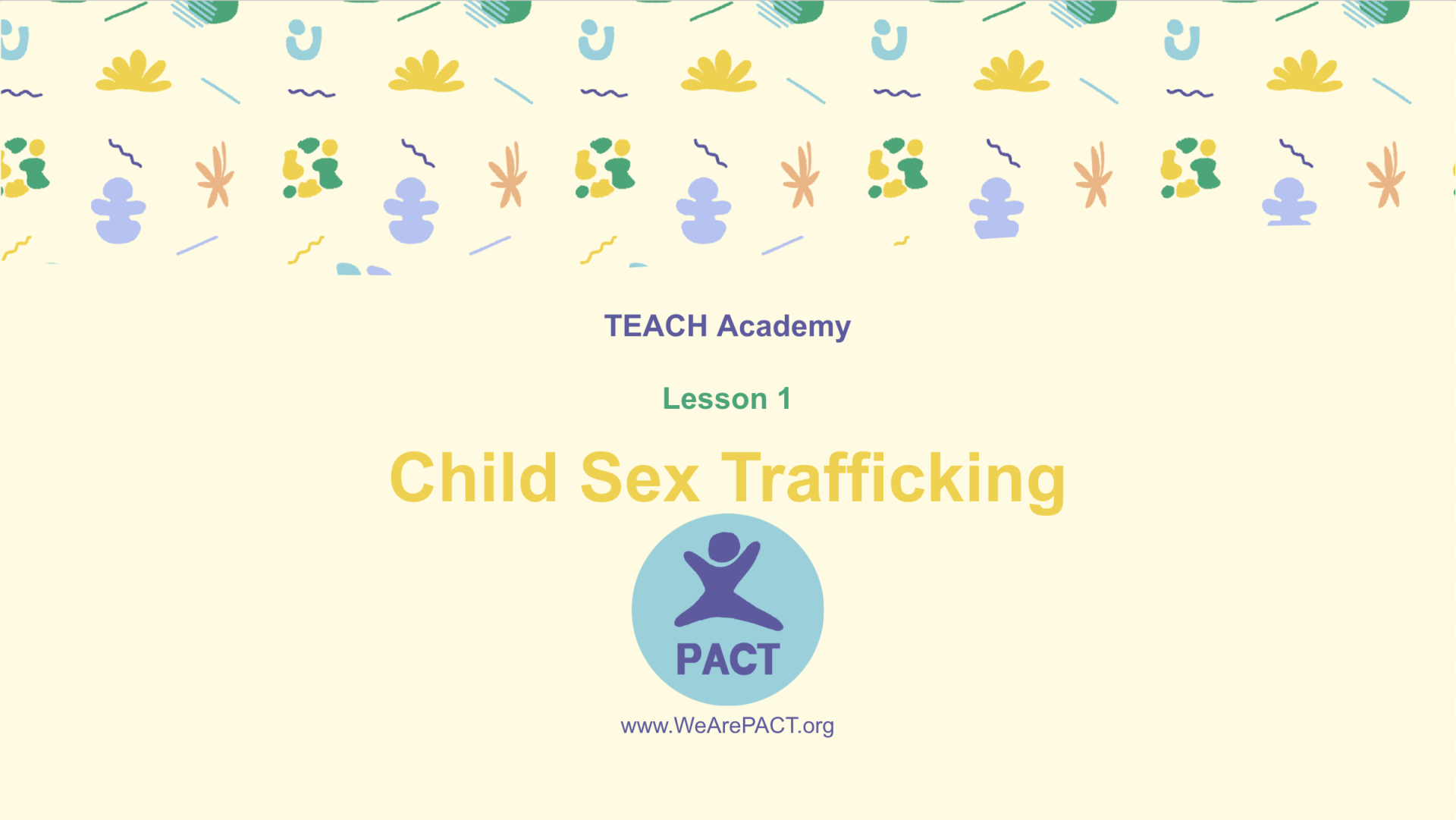
This workshop focuses on aspects of child sex trafficking prevention. Designed as the first workshop of the series, trainees will explore information on sex and labor trafficking in the US; analyzing “what if” situations; exploring the youth curriculum and concepts around how to teach it to a youth audience; and understanding how to equip youth with the knowledge and skills to recognize and avoid dangerous situations.
Workshop 2
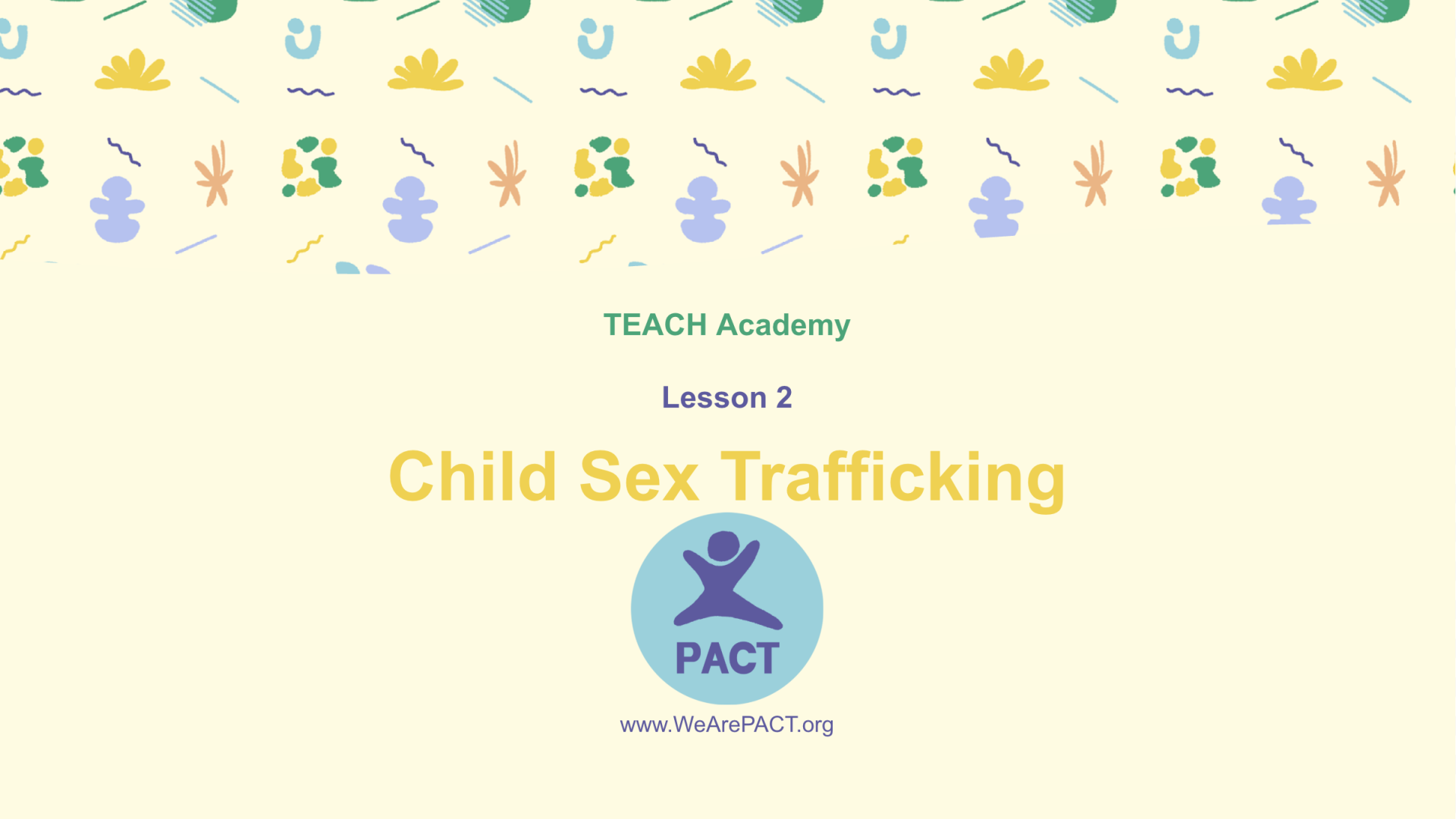
This workshop is designed as an extension of workshop 1. Trainees will dive deeper in to topics and concepts focusing on sex and labor trafficking. Trainees will look at key indicators of trafficking; different barriers that might present themselves and make it difficult for victims to leave their situation; what signs might display themselves within the classroom; and how to teach these topics within a classroom setting.
Workshop 3
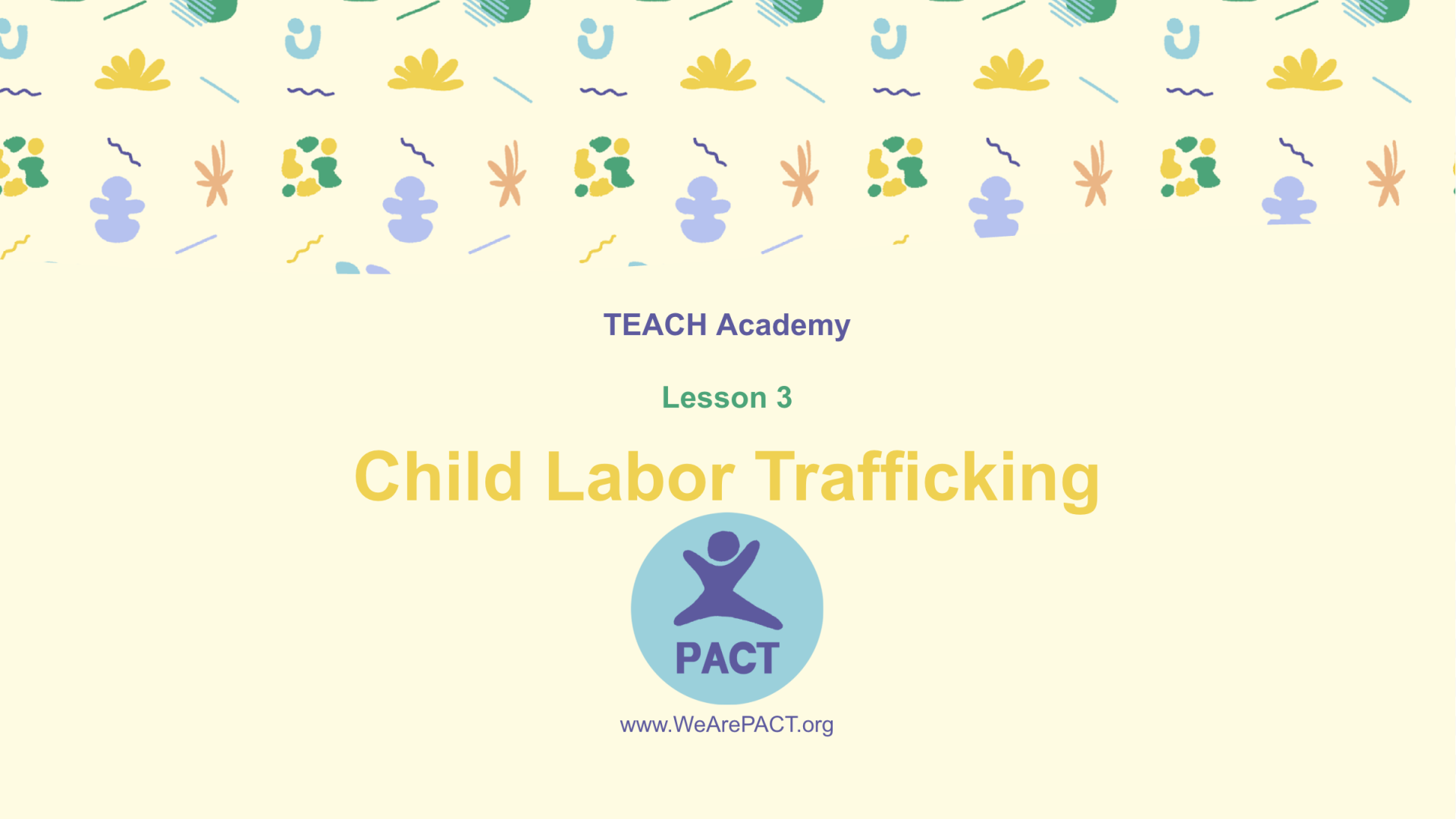
This workshop will explore child labor trafficking in more depth. Trainees will analyze different vocabulary across sex and labor trafficking, finding similarities and differences that differentiate these two types of trafficking. They will also look at vulnerabilities that might increase a child’s risk of being trafficked; key indicators that a child might be being trafficked; how sex and labor trafficking overlap and intersect; and explore different case studies that will help them approach teaching these topics to youth.
Workshop 4
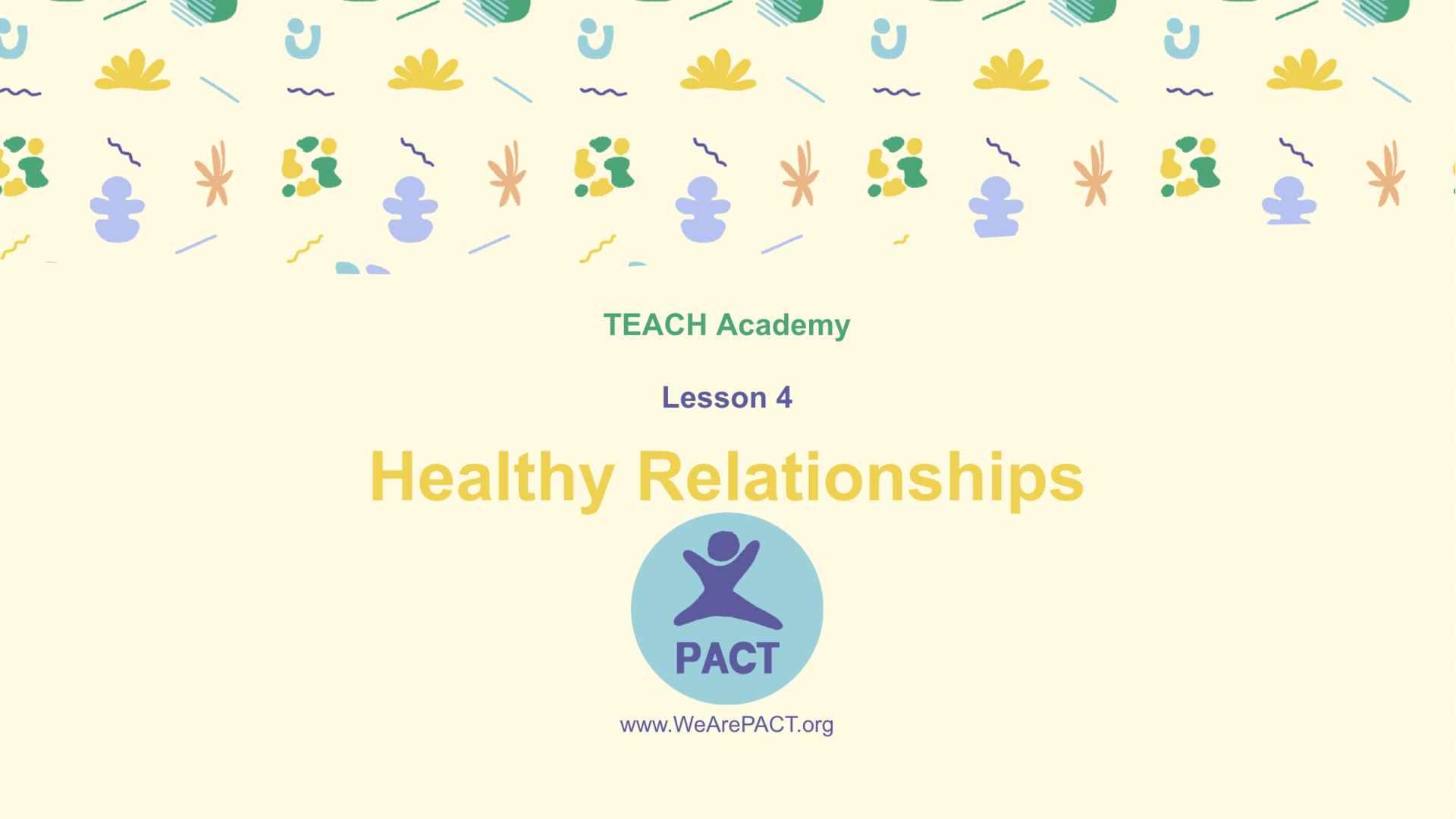
In this workshop, trainees will explore the different aspects of healthy relationships; the things that make a relationship healthy vs. unhealthy; how to teach core concepts of healthy relationships; and explore the different types of relationships, both family and friends.
Workshop 5
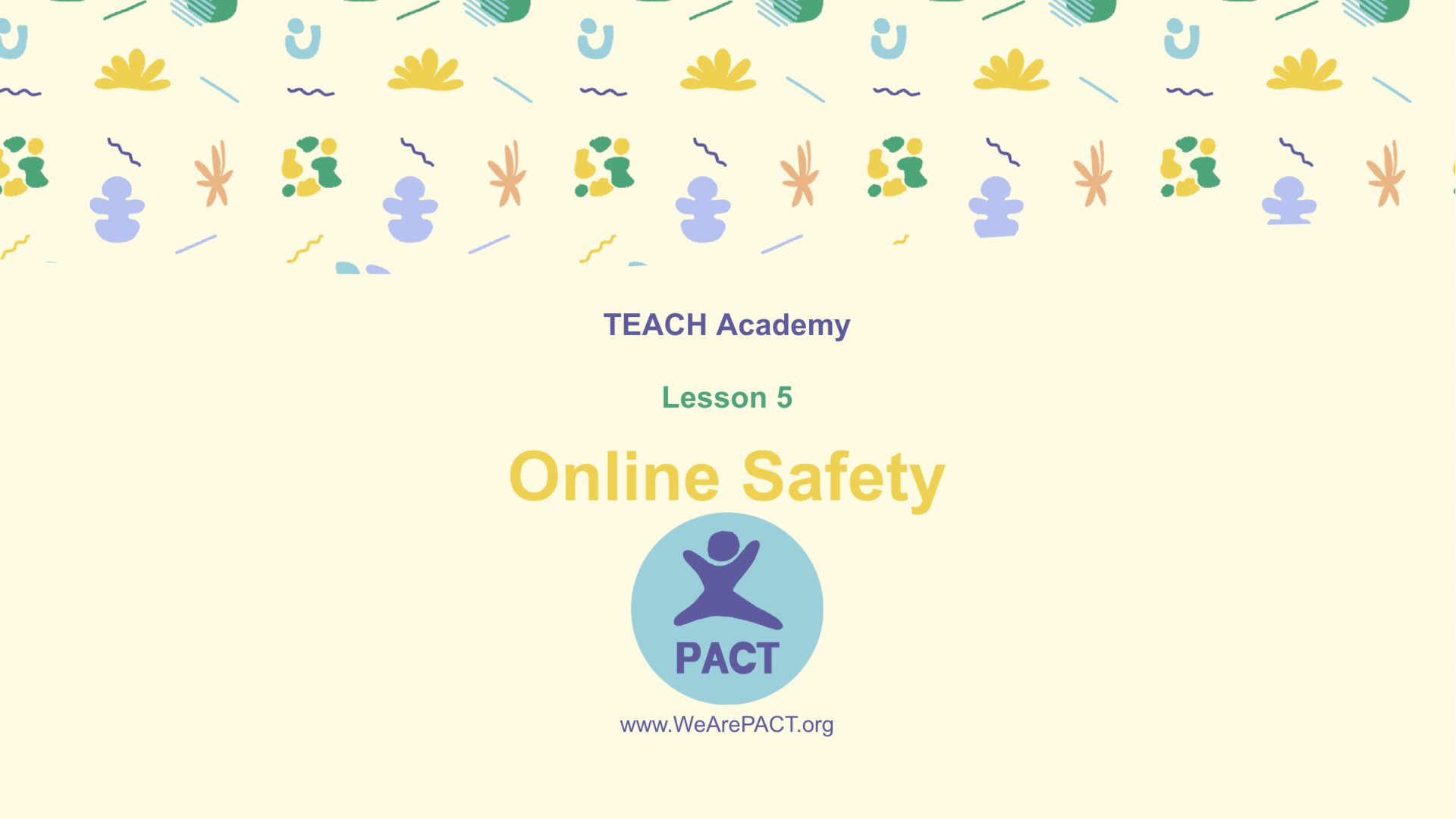
This workshop will focus on exploring the dangers of social media; how social media and technology can influence the self-esteem of a child; catphishing and grooming within the online environment; sexting and Image-Based Sexual Abuse, such as the use of AI to create “deepfakes”; and how to ultimately teach this content within the classroom.
Workshop 6
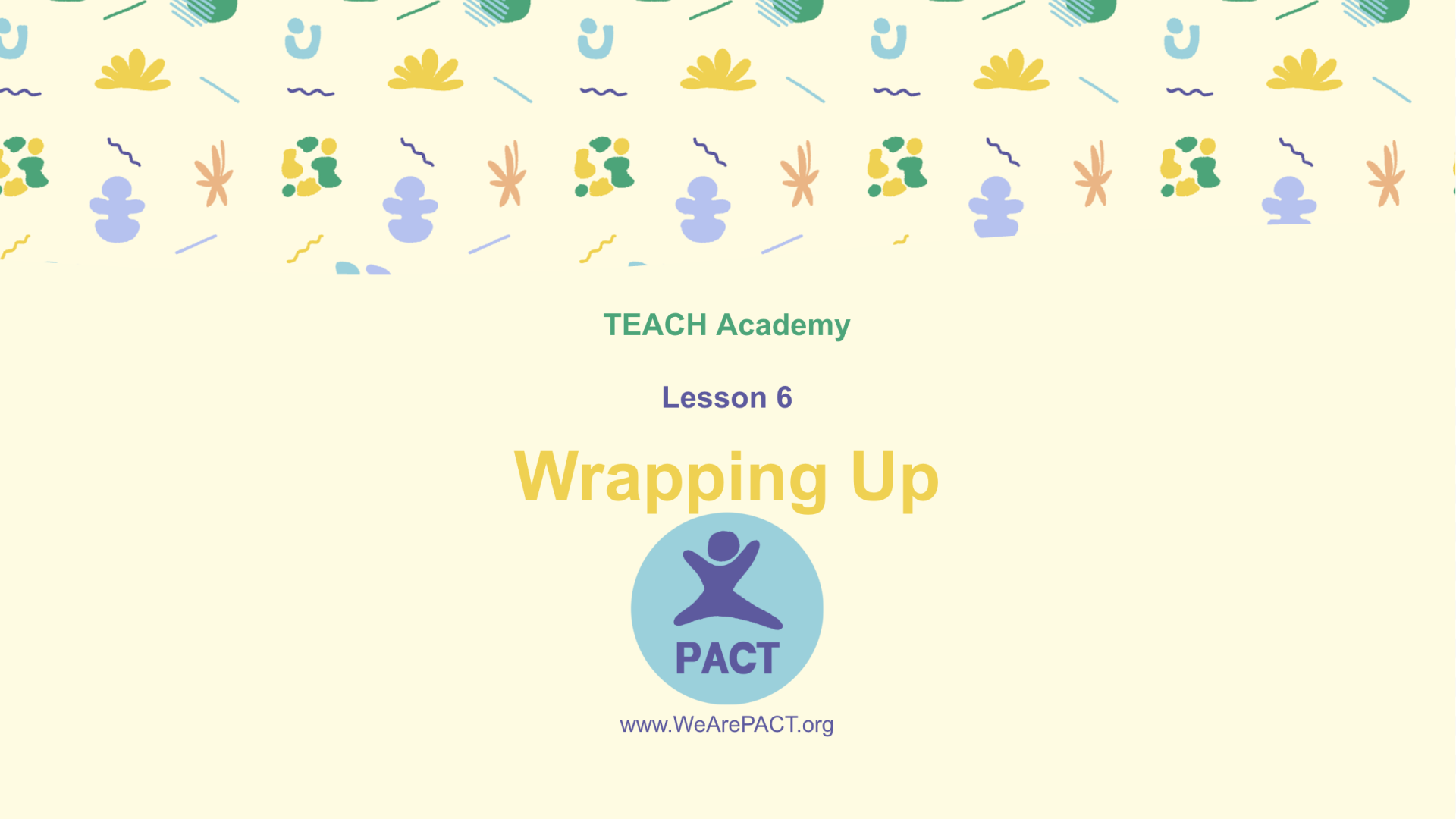
The final workshop in the series will review the student curriculum and activities; look at ways to improve self-care; and analyze safety protocols within the context of different scenarios.
Complete PACT Anti-Trafficking and Exploitation Prevention Curriculum
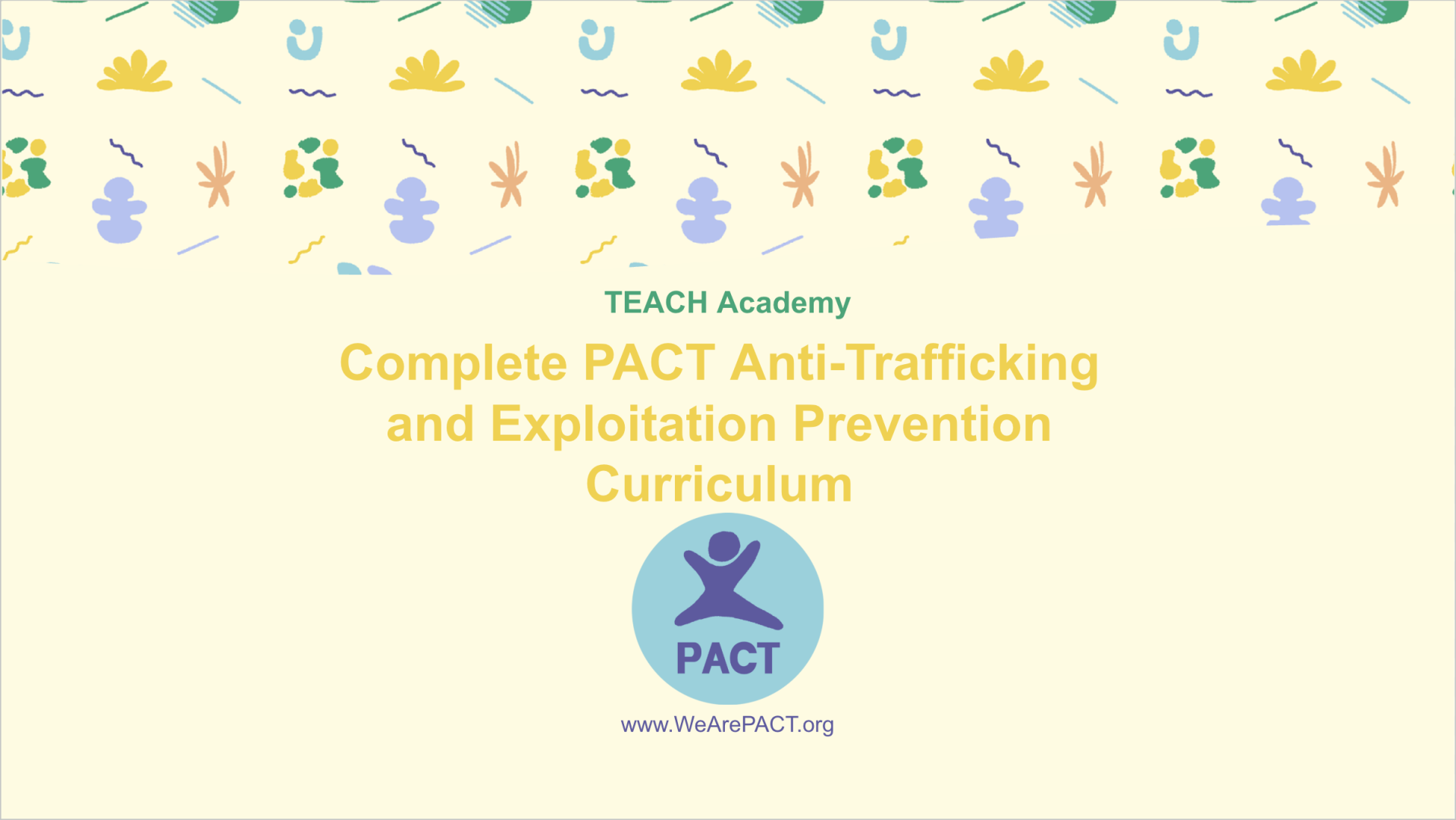
Overview
Y-ACT Curriculum
Lesson 1
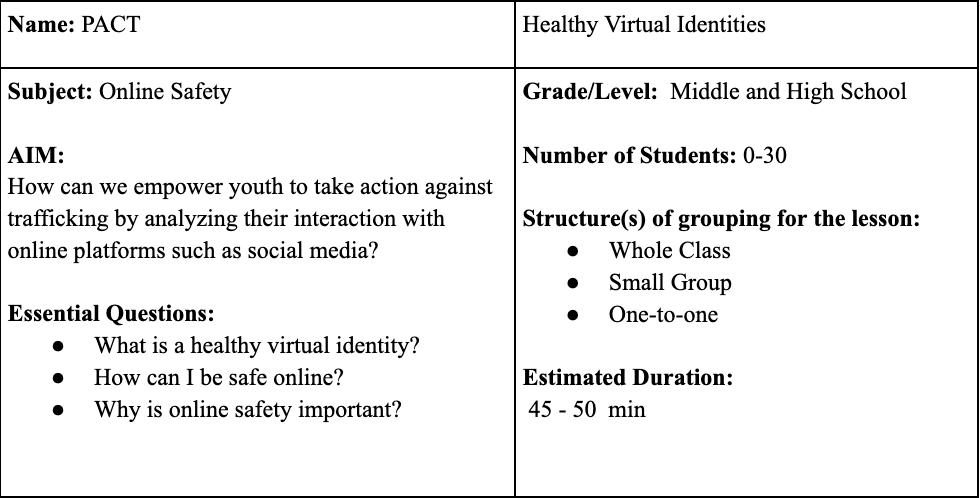
Lesson 1 covers healthy virtual identity; how students can be safe online; and why online safety is important.
Lesson 2
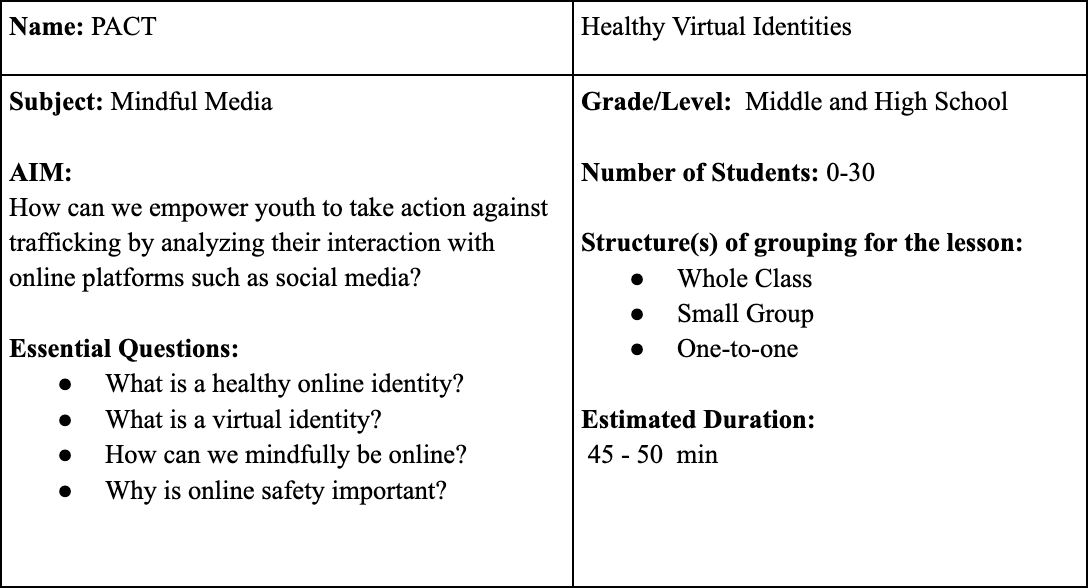
Lesson 2 covers healthy virtual identity through the lens of digital literacy; how students can mindfully be online; and why online safety is important.
Lesson 3
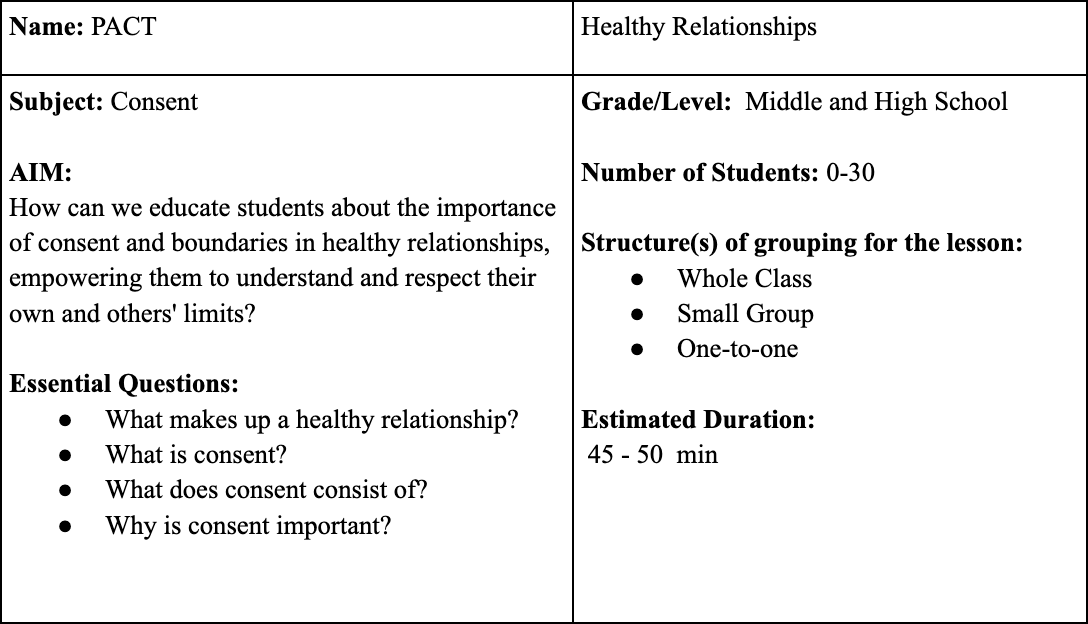
Lesson 3 covers healthy relationships by examining consent. Students are introduced to topics about what constitutes a healthy relationship as well as what consent is and what it looks like. Students will explore why consent is an integral part of healthy relationships.
Lesson 4
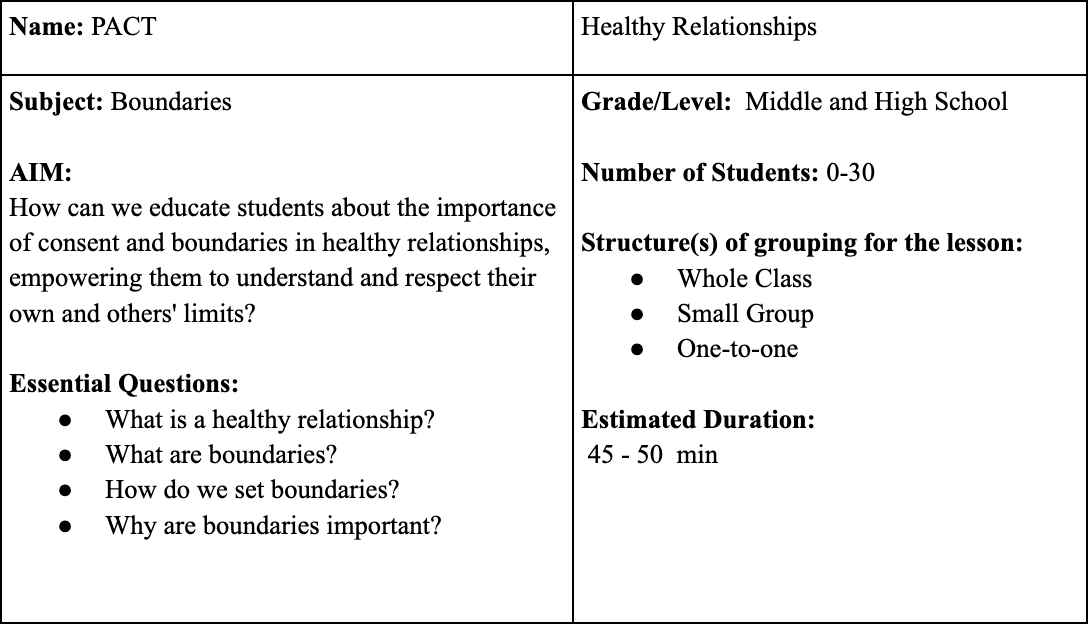
Lesson 4 covers healthy relationships through examining boundaries in realtionships. Students will explore the topic of boundaries as it relates to friendships, family, and any type of relationship. Students will also learn ways to set healthy boundaries for themselves and explore why boundaries are important for maintaining healthy relationships.
Lesson 5
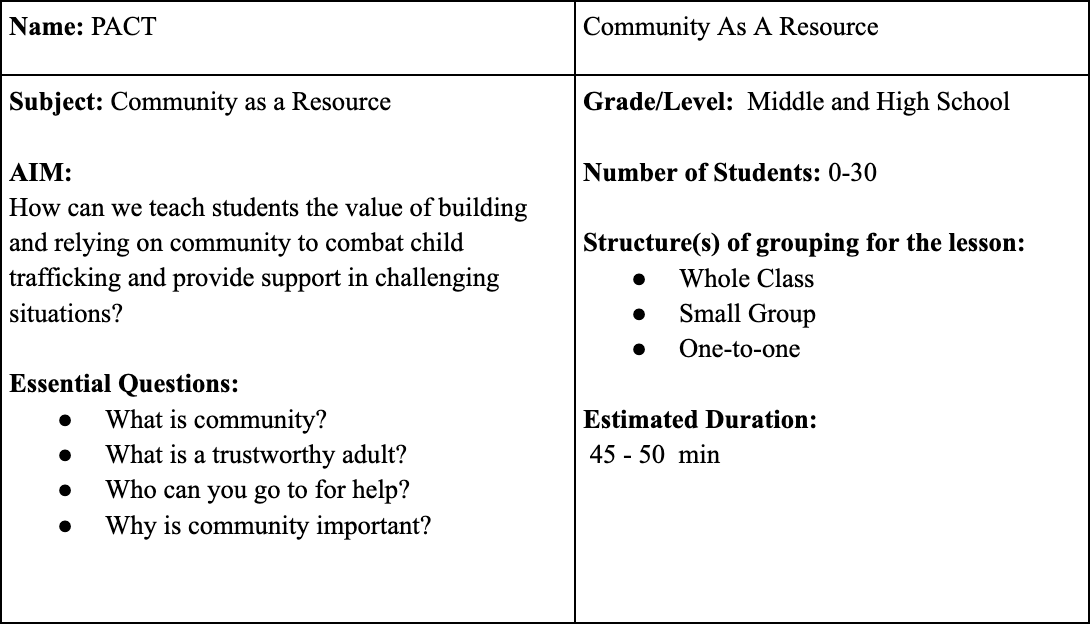
Lesson 5 covers community as a resource, where students will explore themes around community as a support network. Students will look at different aspects of what makes a trustworthy adult as well as who they can go to for help if they might need it.
Lesson 6
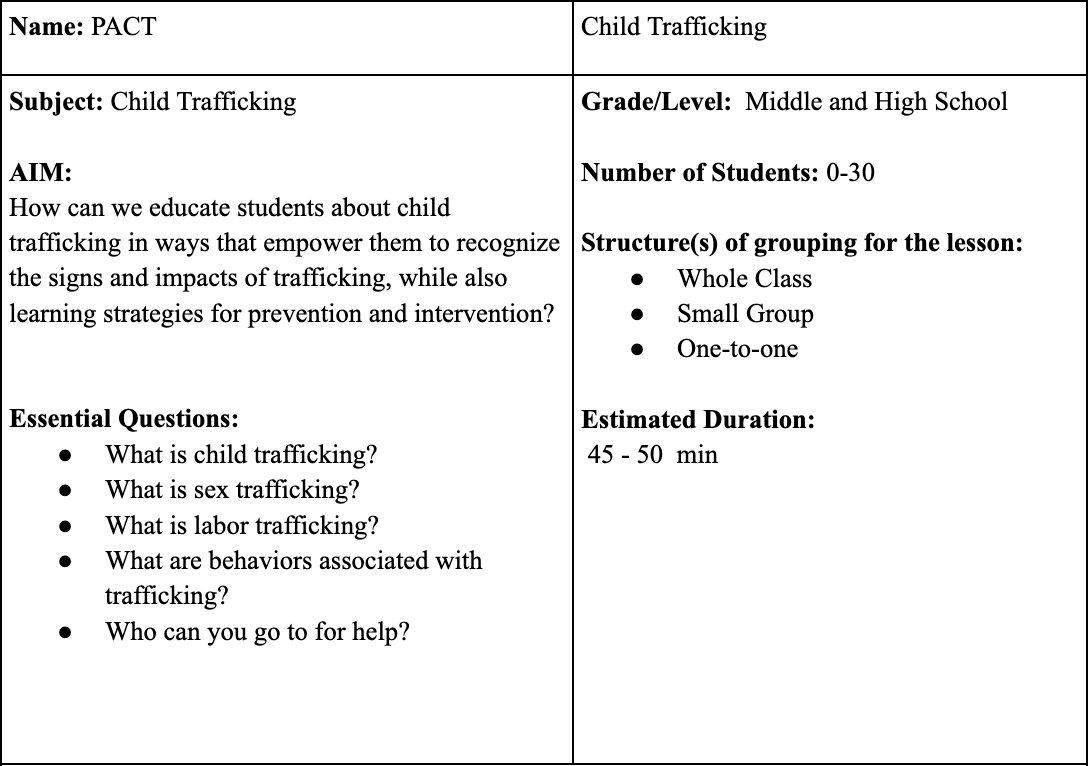
Lesson 6 covers the topic of child trafficking by re-examining the previous five lessons. Students will explore both child labor trafficking and child sex trafficking, examining the differences and similarities between the two, as well as behaviors that are associated with trafficking. Students will also be presented with options of what to do if they need help and who to go to if they need help.
